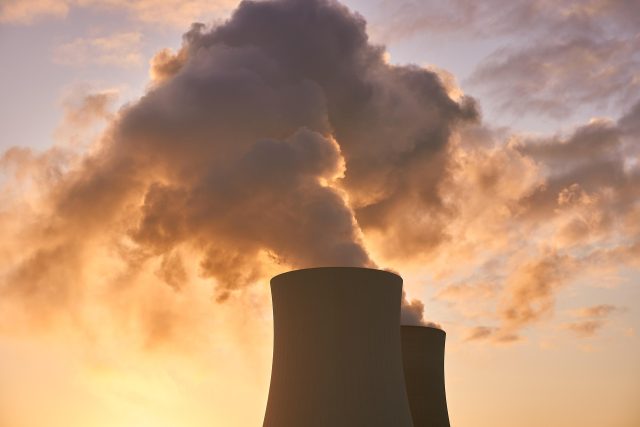
Once a Nuclear Skeptic, Italy Now Embraces Atomic Energy Alongside 14 EU Nations Amid Growing Support from Germany
Brussels – In a major shift for its energy policy, Italy has officially joined the European Nuclear Alliance, transitioning from observer to full member status. The announcement was made by Energy Minister Gilberto Pichetto Fratin during Monday’s Energy Council meeting in Luxembourg. This move marks a notable change of direction for a country that abandoned nuclear power through two public referendums—one in 1987 and another in 2011.
Now, with energy costs soaring and energy security under threat, Italy is re-evaluating nuclear power as a strategic option. Prime Minister Giorgia Meloni, speaking at a recent Confindustria assembly in Bologna, emphasized the government’s commitment to “resume the nuclear path, focusing on the most innovative technologies and small modular reactors.” The European Nuclear Alliance was initiated by France in February 2023, at a time when nuclear energy was still viewed with skepticism by many in the European Union. Lawmakers were focused heavily on renewable sources such as wind and solar to achieve the bloc’s 2050 climate neutrality goals. However, the Russian invasion of Ukraine and the resulting energy crisis—including gas supply disruptions and price spikes—have reignited interest in nuclear energy as a reliable, low-carbon source of power.
A Growing Club of Nuclear Advocates
With Italy’s accession, the Alliance now includes 14 full members: France, Bulgaria, Croatia, Finland, the Netherlands, Poland, the Czech Republic, Romania, Slovakia, Slovenia, Sweden, Hungary, Belgium, and now Italy. Estonia participates as an observer. Notably absent is Spain, which maintains a domestic nuclear sector but has opted not to join the group. Austria and Luxembourg remain firmly opposed to nuclear power and have voiced their dissent in EU forums. Germany, long a staunch opponent of nuclear energy, has recently shown signs of softening its stance. Though it is not planning to reopen its nuclear plants, the new government under Chancellor Friedrich Merz has signalled a willingness to support the equal treatment of nuclear and renewables within EU legislation. This pragmatic shift reflects a broader European realization: without nuclear energy, the EU’s ambitious decarbonization goals may be unattainable.
Nuclear Energy as a Pillar of the Energy Transition
The Alliance’s primary objective is to position nuclear energy as a central pillar of Europe’s transition to a carbon-neutral economy. Its members advocate for greater access to public and private financing for nuclear projects, including cutting-edge technologies such as small modular reactors (SMRs) and advanced modular reactors (AMRs). These new-generation systems are viewed as more flexible, scalable, and safer than traditional nuclear plants. Countries like Sweden underscore nuclear’s value as a stable energy source that complements the intermittency of renewables. For many Northern and Eastern European nations, nuclear energy is not just a climate solution, but also a critical component of energy independence.
High Costs and Long-Term Commitments
Reviving nuclear power is not without challenges. The European Commission estimates that achieving the nuclear ambitions of member states will require around €241 billion in investments by 2050. This includes both extending the life cycles of existing reactors and building large-scale new facilities. Italy’s decision to join the Alliance is, therefore, more than symbolic—it signals a readiness to commit to long-term planning in a sector where timelines stretch across decades.
To succeed, the Italian government will need to engage with the public and address lingering skepticism. Past referendums revealed deep-seated concerns about safety, waste disposal, and cost. As the country steps back into the nuclear arena, building broad-based support will be essential to avoid a repeat of previous reversals. Italy’s entry into the European Nuclear Alliance is a turning point in its energy strategy. As the continent grapples with the twin pressures of climate change and geopolitical instability, nuclear energy is once again emerging as a viable—if controversial—part of the solution. With growing support across Europe, including a shift in attitude from Germany, the Alliance aims to make nuclear power a cornerstone of the EU’s energy future.



 Subscribe
Subscribe